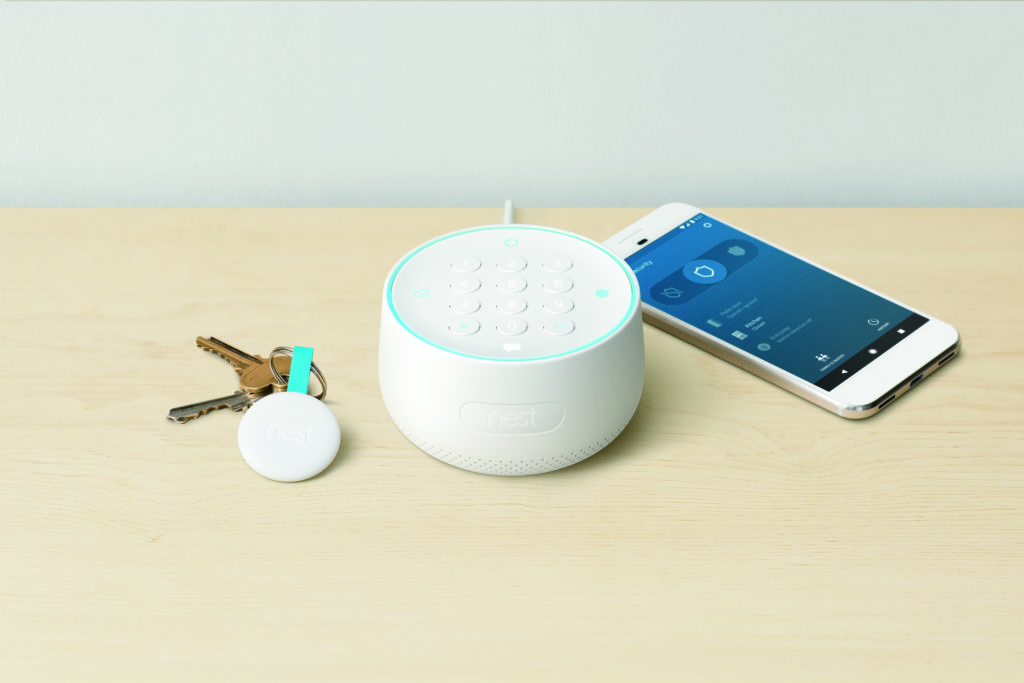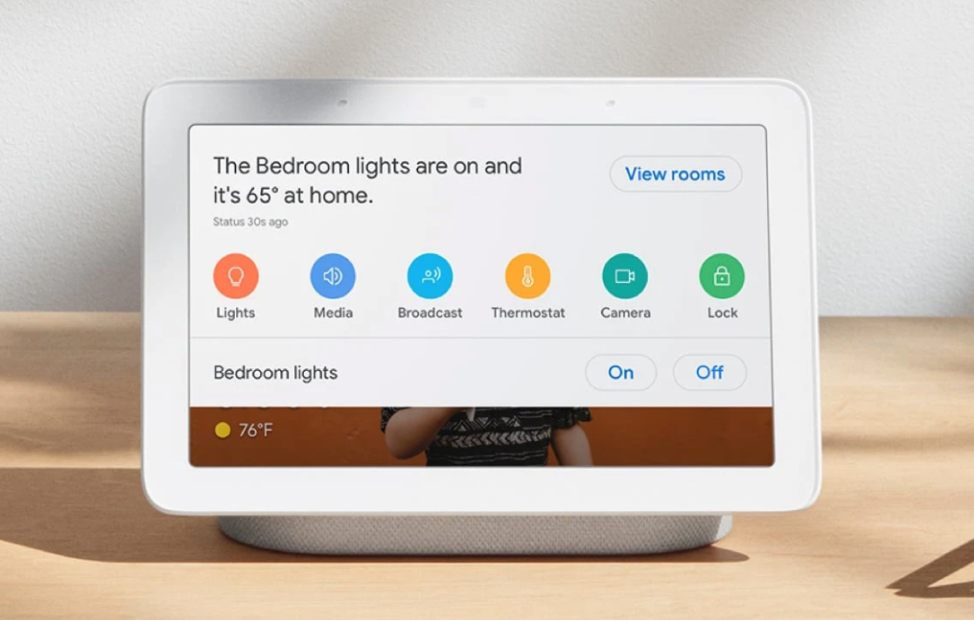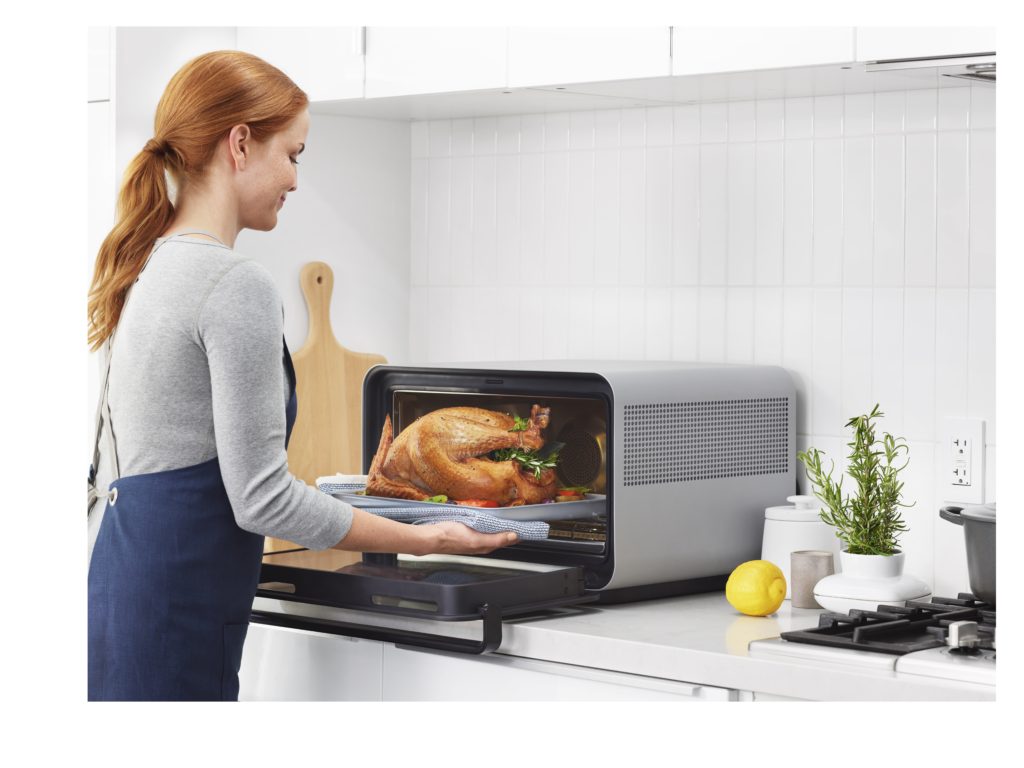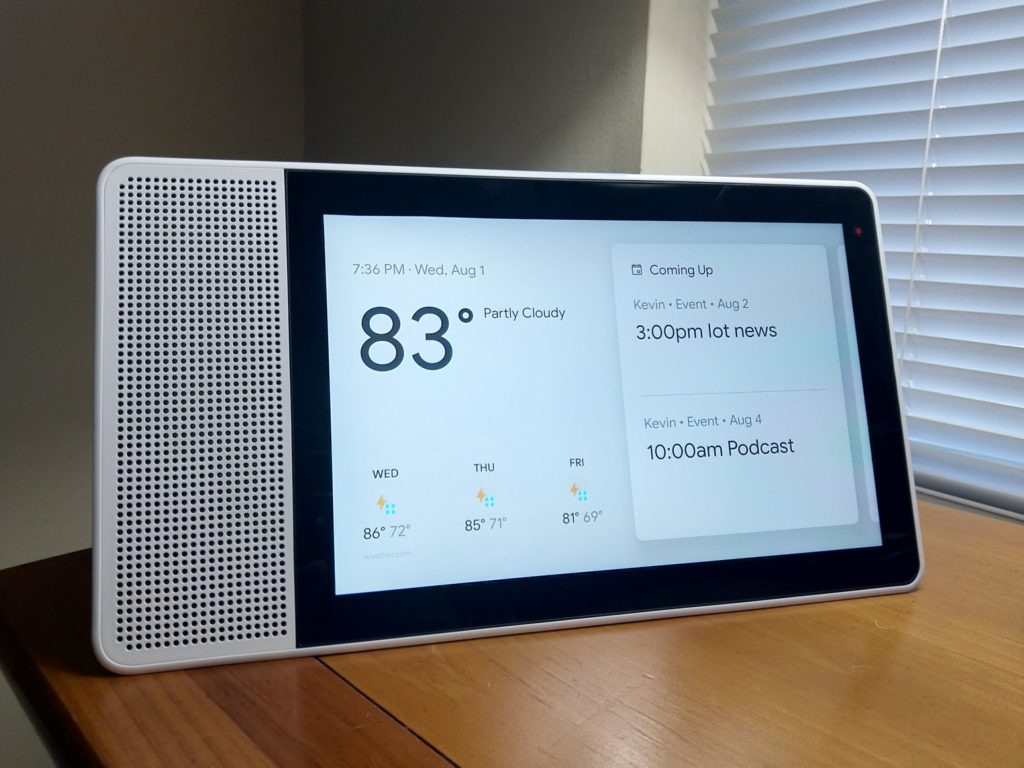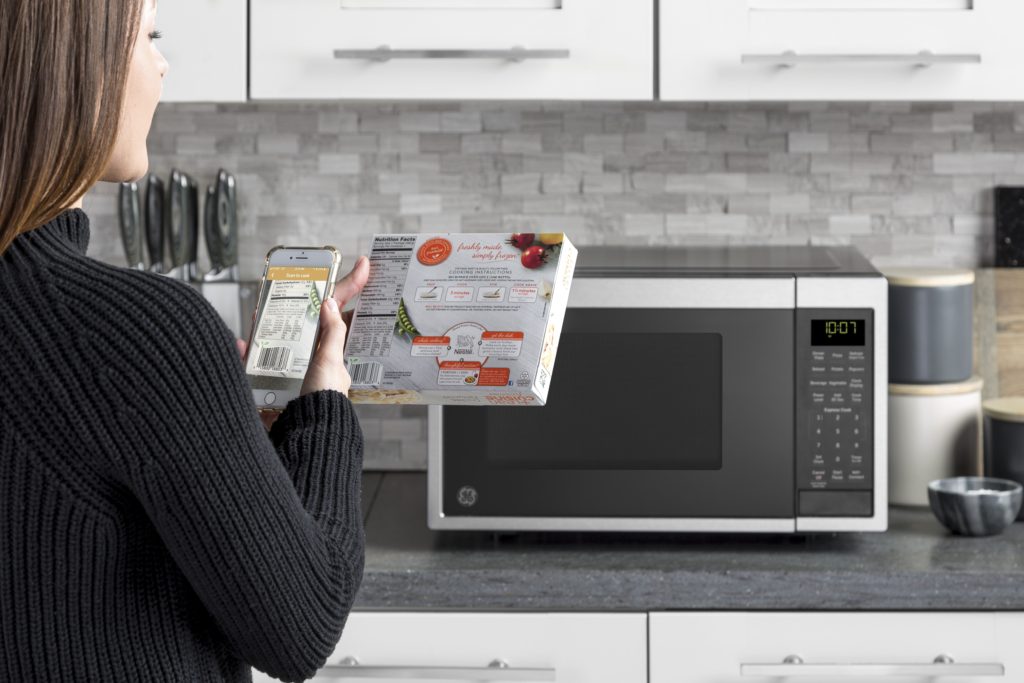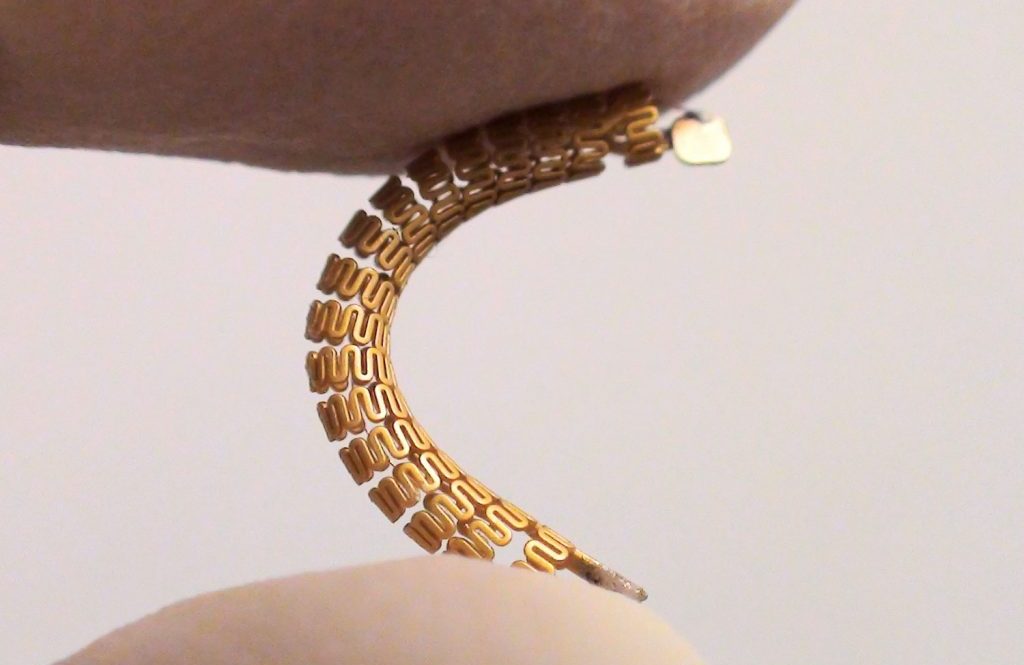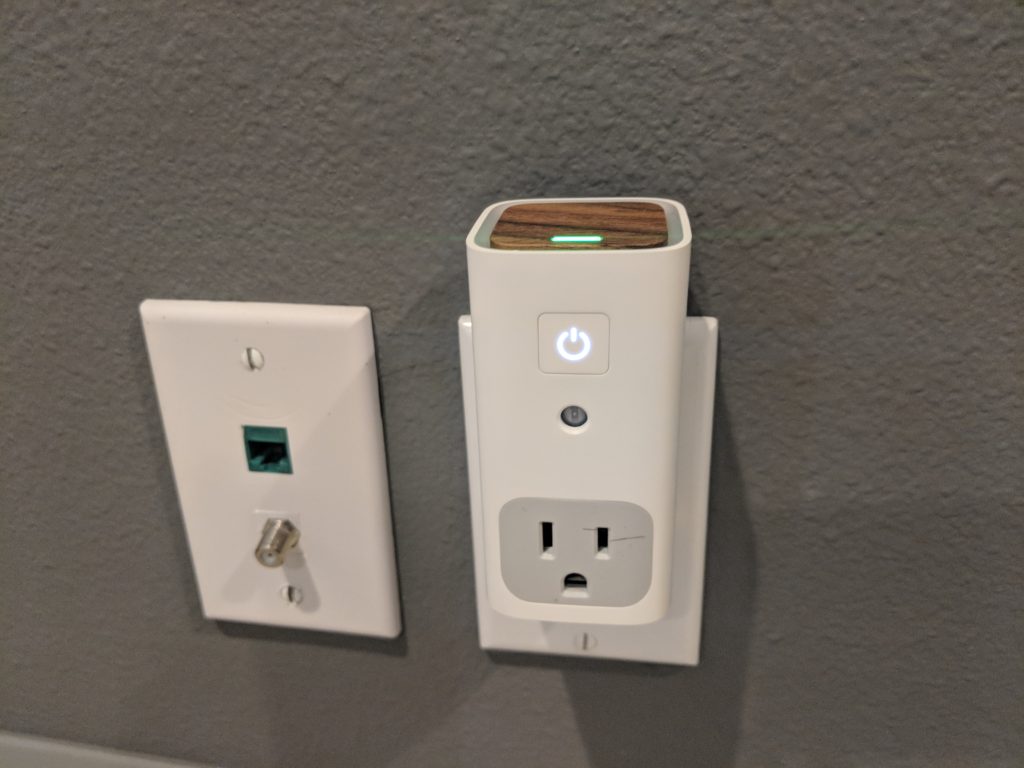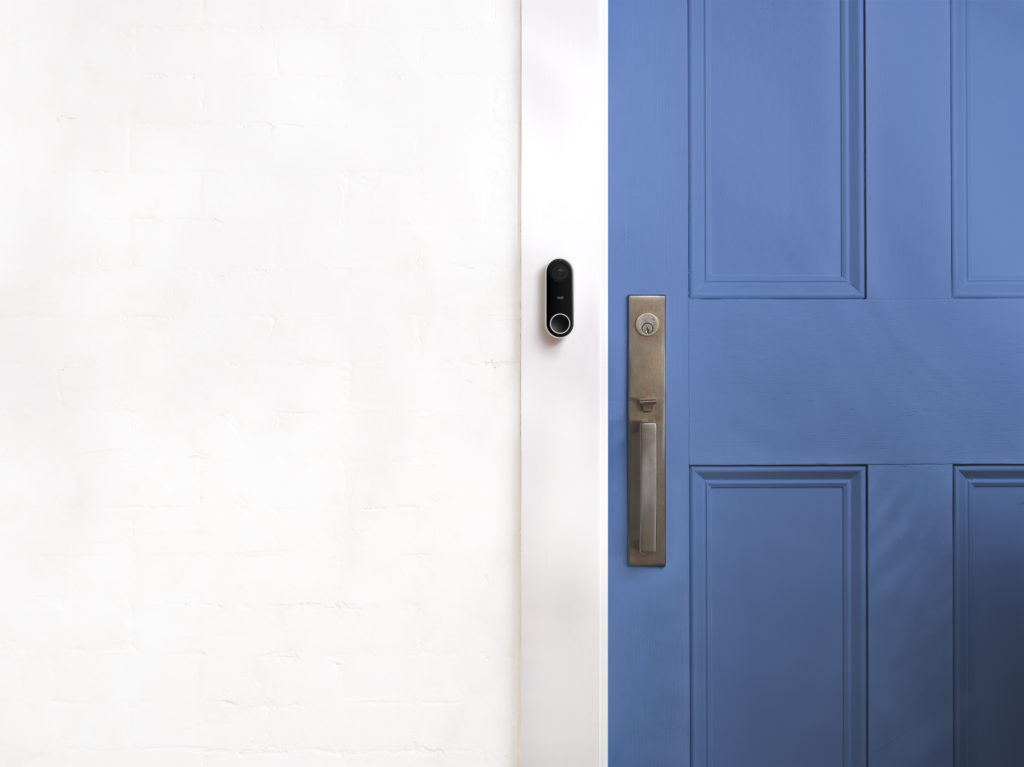This week Kevin and I start off the show with a discussion about Google’s new Coral board that provides machine learning at the edge. We then jump to sensor company Centralite’s bankruptcy filing in Alabama. We also discuss the death of Jibo and how the end of Lighthouse meant new patents for Apple. After covering all of that sad news we jump to new Alexa skills, why I want an Alexa Auto, and a new video doorbell from August Home. From there Kevin and I spend the rest of the show discussing the challenges associated with smart home hubs, the best home hubs and why you should delete your devices from your home hubs. We end by answering a listener question about connected car devices for teens.
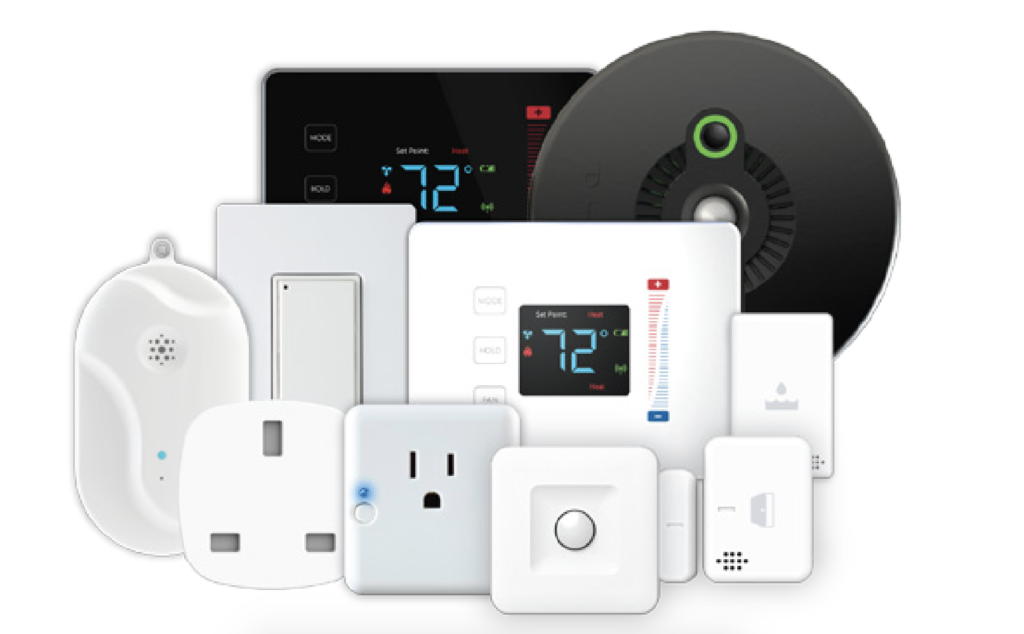
Our guest this week is Chrissy Meyer, a partner at Root Ventures and a former product manager at companies that include Square and Apple. She shares her experiences building connected devices, where companies tend to go wrong and what to look for in a manufacturing partner. She also explains why a device that costs $100 to make might end up costing $300 on the shelves at Best Buy. It’s a good conversation for anyone building or buying connected devices.
Hosts: Stacey Higginbotham and Kevin Tofel
Guest: Chrissy Meyer, a partner at Root Ventures
Sponsors: Afero and Western Digital
- Why we need machine learning at the edge
- Could the next Homepod have video?
- Hubs are complicated even for experts
- How to give your favorite device startups an extra chance to succeed
- What to look for in your manufacturing partner
Podcast: Play in new window | Download | Embed
Subscribe: RSS

